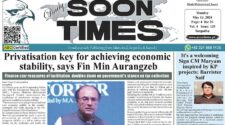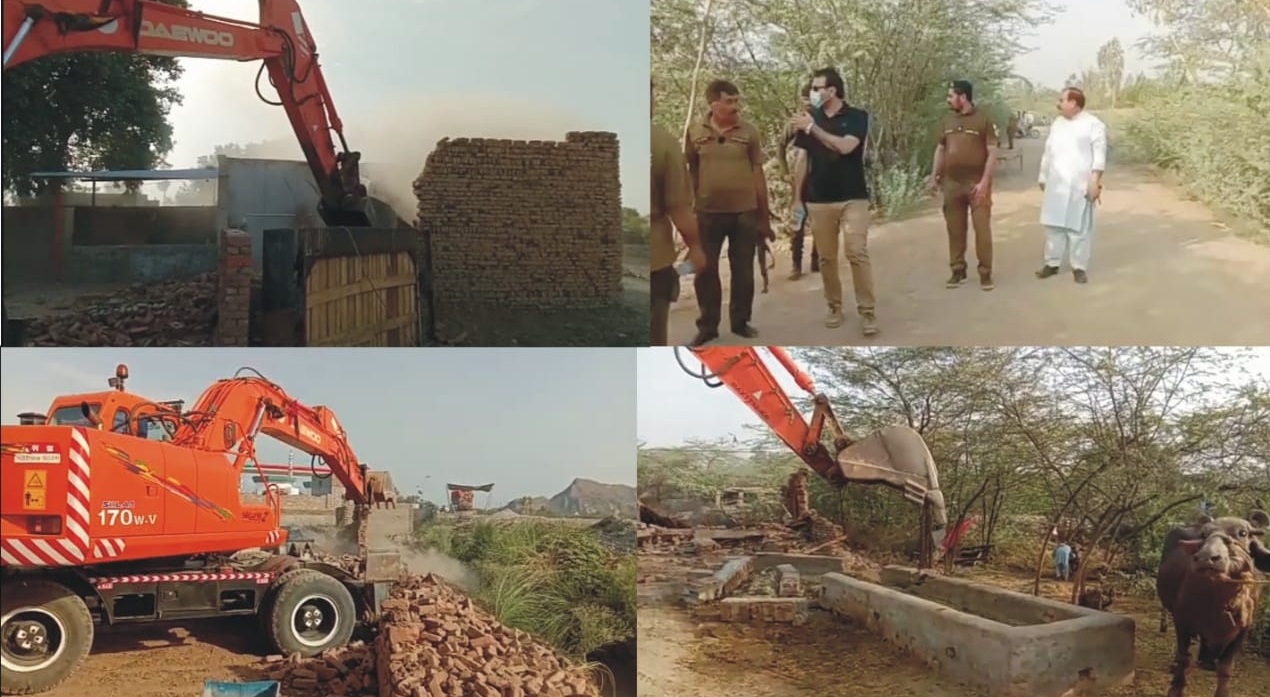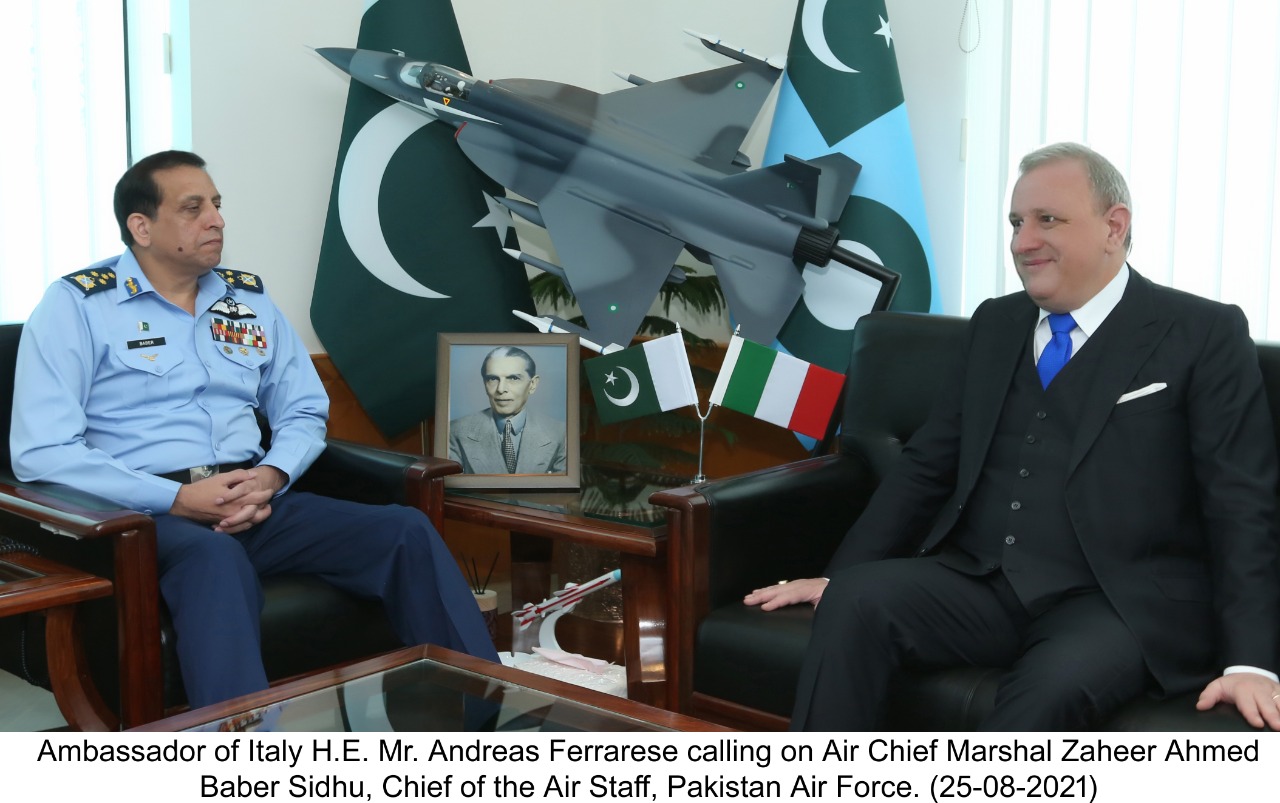By: Ali Aqeel
Student BS Public Administration
University of Okara
 Democracy, the very essence of “rule by the people,” has deep roots in the history of Pakistan. Emerging from the ancient Greek words ‘demos’ and ‘kratos,’ Pakistan’s democratic journey has been a tumultuous one, witnessing fluctuating periods of military and civilian rule. As the world’s largest Islamic democracy, Pakistan has encountered its fair share of challenges, from political instability to the dominance of feudalism in its political landscape. Pakistan, a nation born in 1947, prides itself on being a democratic parliamentary republic, with elected governance as its foundation. However, its democratic institutions have endured severe tests over the years. A crucial aspect of democracy is the power vested in the people to choose their leaders and actively participate in the government’s decision-making processes. In this regard, Pakistan has seen both moments of triumph and struggle. One of the most significant strengths of democracy is its potential to bring positive change when citizens are well-informed and have a high literacy rate. Regrettably, Pakistan has faced challenges in this regard, with a lack of awareness about the functioning of an actual democratic system. This deficiency in knowledge poses a serious threat to Pakistan’s future. Flawed political culture and legal pluralism add another layer of uncertainty to the country’s future. Different sects within Pakistan follow their own set of rules, allowing room for political revolution. It becomes essential for knowledge to lead the path towards improvement and awareness to resolve the country’s issues. Throughout its existence, Pakistan has experienced numerous interruptions to its democratic system. Military coups have altered the political landscape, and political parties themselves have been marred by corruption and misconduct. Despite these setbacks, the country has continued to navigate through its democratic journey, albeit with challenges that persist.
Democracy, the very essence of “rule by the people,” has deep roots in the history of Pakistan. Emerging from the ancient Greek words ‘demos’ and ‘kratos,’ Pakistan’s democratic journey has been a tumultuous one, witnessing fluctuating periods of military and civilian rule. As the world’s largest Islamic democracy, Pakistan has encountered its fair share of challenges, from political instability to the dominance of feudalism in its political landscape. Pakistan, a nation born in 1947, prides itself on being a democratic parliamentary republic, with elected governance as its foundation. However, its democratic institutions have endured severe tests over the years. A crucial aspect of democracy is the power vested in the people to choose their leaders and actively participate in the government’s decision-making processes. In this regard, Pakistan has seen both moments of triumph and struggle. One of the most significant strengths of democracy is its potential to bring positive change when citizens are well-informed and have a high literacy rate. Regrettably, Pakistan has faced challenges in this regard, with a lack of awareness about the functioning of an actual democratic system. This deficiency in knowledge poses a serious threat to Pakistan’s future. Flawed political culture and legal pluralism add another layer of uncertainty to the country’s future. Different sects within Pakistan follow their own set of rules, allowing room for political revolution. It becomes essential for knowledge to lead the path towards improvement and awareness to resolve the country’s issues. Throughout its existence, Pakistan has experienced numerous interruptions to its democratic system. Military coups have altered the political landscape, and political parties themselves have been marred by corruption and misconduct. Despite these setbacks, the country has continued to navigate through its democratic journey, albeit with challenges that persist.
In recent times, Pakistan has found itself in a peculiar situation, described by some as a “pseudo-democracy.” A military-backed coalition government holds the reins of power, suppressing dissenting voices in the media and silencing journalists who criticize the regime. Such a scenario poses a threat to the true essence of democracy, where freedom of expression and political diversity are fundamental pillars. Pakistan’s journey with democracy has been marked by ups and downs, disruptions, and challenges. While democracy means rule by the people, Pakistan’s experience has been colored by the dominance of feudalism, dynastic politics, and military interference. These factors have hindered the development of strong democratic institutions and a culture of accountability, leading to a cyclic pattern of political crises and instability.
One of the key issues contributing to the failure of democracy in Pakistan is the influence of feudalism, which perpetuates a system where small elite holds power over a large population. This feudal control often translates into a lack of genuine representation and accountability, as people’s choices in elections are dictated by powerful landlords rather than based on merit and policies. Furthermore, the prevalence of dynastic politics has limited the scope for fresh and dynamic leadership, hindering the growth of new ideas and approaches in governance. The concentration of power within certain families creates a sense of entitlement that undermines the principles of democracy, where leaders should be chosen based on their qualifications and vision for the country. Another significant challenge is the historical interference of the military in Pakistan’s politics. Frequent military takeovers have disrupted the democratic process and weakened the institutions necessary for effective governance. Even in periods of civilian rule, the influence of the military remains palpable, affecting media freedom, dissent, and the functioning of democratic institutions.
To revitalize democracy in Pakistan, certain steps must be taken. First and foremost, it is crucial to address the issue of feudalism, promoting land reforms and empowering marginalized communities to participate actively in the democratic process. Additionally, political parties should evolve beyond personality worship and work on developing strong ideological foundations and internal democratic processes. An independent judiciary and a constitution that is respected and upheld by all are vital for the rule of law to prevail. This will help prevent any undue interference in state affairs and ensure a level playing field for all citizens. Youth participation and engagement in politics are essential for building a vibrant democracy. Encouraging young people to join political parties and participate in the electoral process can bring fresh perspectives and energy to the political landscape. Moreover, it is imperative to ensure that the Election Commission operates independently and conducts free and fair elections. Transparent and credible elections are fundamental to the legitimacy of any democratic government.
In short, Pakistan faces significant challenges on its path to consolidating democracy, the country’s future lies in building strong institutions, promoting genuine representation, and ensuring accountability. A democracy that truly serves the interests of the people can lead Pakistan towards stability, prosperity, and progress. It is through a collective effort, involving all segments of society, that Pakistan can overcome its historical obstacles and move towards a more robust and inclusive democratic system. At the end, I thank to Respected Sir Dr. Muhammad Akram Zaheer who has shown in my growth as a writer. His belief in my abilities and their dedication to helping me succeed has been an invaluable source of motivation. His mentorship has empowered me to explore new perspectives, challenge my own assumptions, and develop a stronger and more confident voice.
Contact ali.akeel0098@gmail.com









